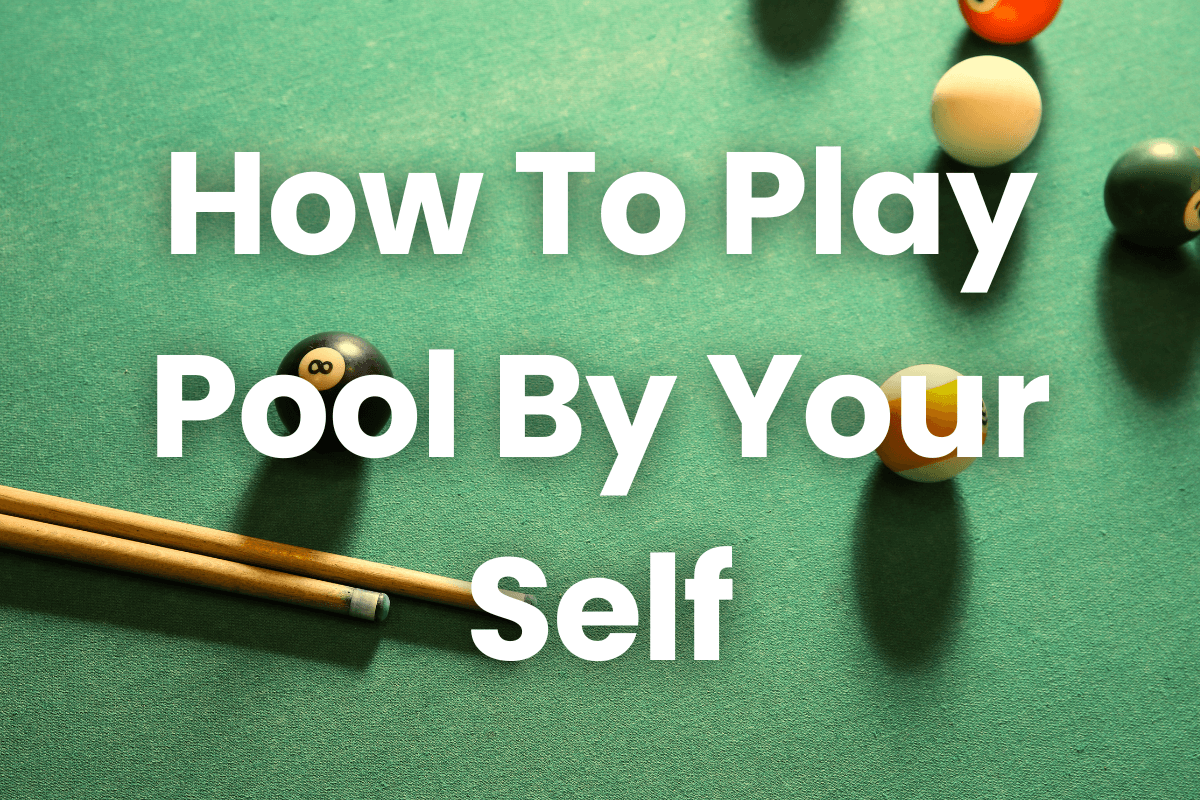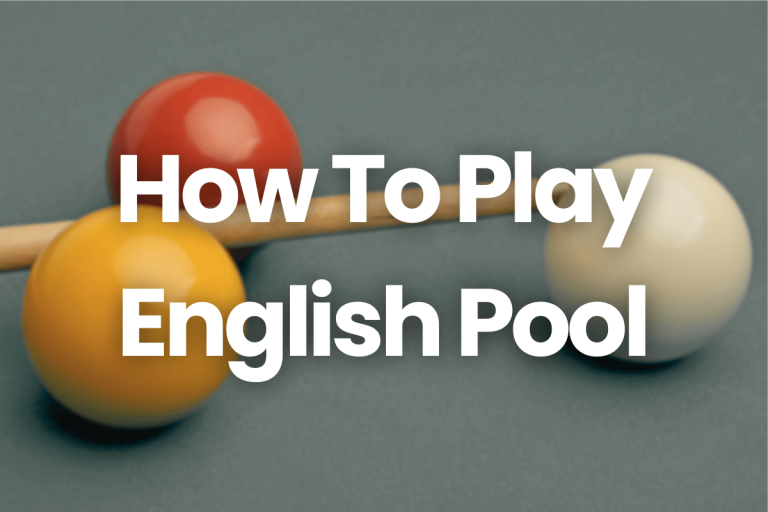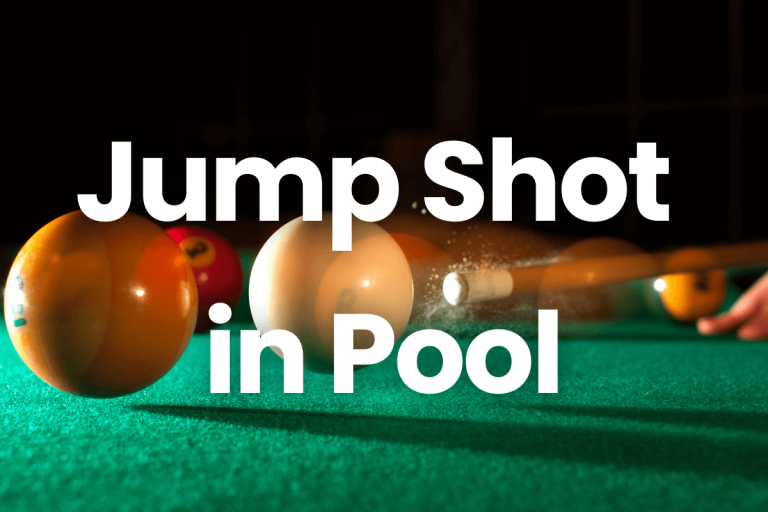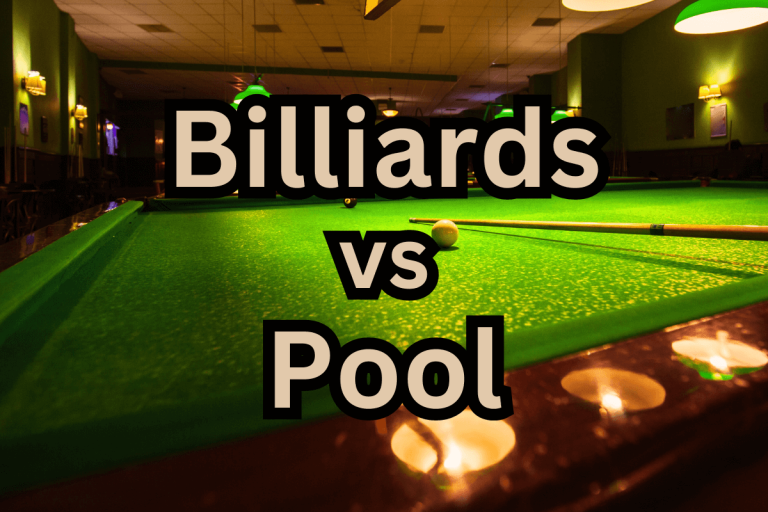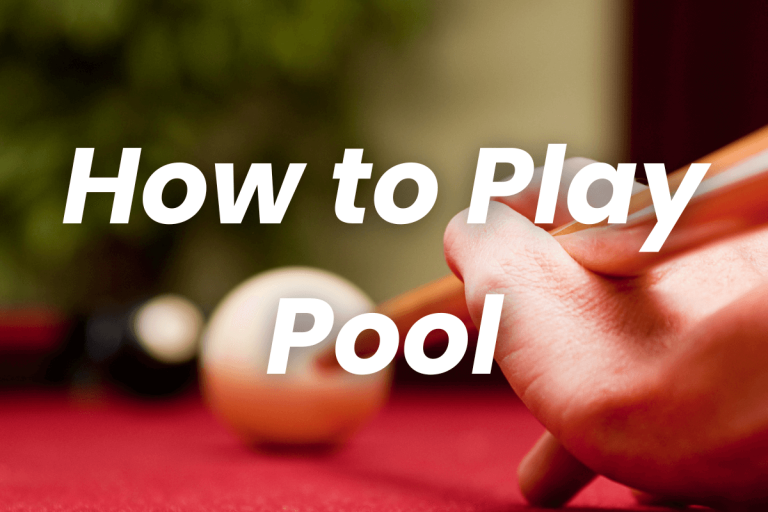Unlock Solo Pool Skills: Easy Steps to Play & Improve Alone! (2024)
Welcome to the world of solo pool, an enjoyable and skill-enhancing pastime! Pool, renowned for its blend of strategy and skill, shines even when played alone. This solo venture improves your game and offers a unique, meditative experience. In this article, we’ll explore pool essentials, set you up for solo success with practical tips, and dive into effective practice drills. Whether you’re a beginner or a seasoned player, get ready to embark on a rewarding journey of self-improvement in the realm of pool.
Getting Started: Pool Basics
The Rich History of Pool
Dive into the captivating world of pool, a game with roots tracing back to the 15th century. It began as a lawn game, similar to croquet, evolving over centuries into the indoor table sport we know today. This historical journey from an aristocratic pastime to a popular global sport adds a rich backdrop to every shot you take.
Essential Equipment: The Tools of the Trade
- The Pool Table: Importance of a sturdy, well-maintained table with green felt.
- The Balls: Introduction to the uniquely numbered and colored pool balls.
- The Cue Stick: Choose the right cue for your playing style.
Understanding the Game
- Different Game Types: A brief look at popular formats like 8-ball and 9-ball.
- The Objective: Striking the cue ball to pocket other balls.
- The Art of Playing: Combining physics, geometry, and skill for effective play.
Solo Practice Drills: Sharpening Skills
Drill 1: Cue Ball Control and Positioning
- Objective: Mastering the direction and position of the cue ball after each shot.
- Techniques: Practicing various spin effects (topspin, backspin, side spin).
- Practice Routine: Specific exercises to improve cue ball placement.
Drill 2: Long Shot Mastery
- Objective: Enhancing accuracy and consistency in long shots.
- Techniques: Focusing on stance, aim, and smooth cue action.
- Practice Routine: Set up long shot scenarios and repeat for precision.
Drill 3: The Break Shot
- Objective: Develop a powerful and effective break shot.
- Techniques: Perfecting the stance and cue stroke for maximum impact.
- Practice Routine: Exercises to increase power and accuracy in the break.
Self-Assessment and Progress Tracking
- Monitoring Techniques: How to assess your improvement in control, accuracy, and power.
- Tracking Progress: Simple methods to keep track of your development.
- Setting Goals: Creating achievable targets for continuous skill enhancement.
Solo Pool: Advanced Techniques
Technique 1: Ghost Ball Method for Improved Aiming
- Concept Explanation: Understanding the ‘ghost ball’ technique for precise aiming.
- Application: How to visualize the ‘ghost ball’ for different shots.
- Practice Exercises: Drills to hone your aiming skills using this method.
Technique 2: Spin and Speed Control
- Spin Basics: Different types of spin (topspin, backspin, side spin) and their effects.
- Speed Mastery: Controlling the speed of the cue ball for strategic positioning.
- Advanced Drills: Exercises to master control over spin and speed in various scenarios.
Technique 3: Defensive and Safety Play Strategies
- Understanding Defensive Play: The concept and importance in solo practice.
- Safety Shots: Techniques for executing effective safety shots.
- Practice Scenarios: Setting up and practicing defensive and safety plays.
Keeping Solo Play Engaging
Setting Personal Goals and Challenges
- Goal Setting Techniques: How to set achievable yet challenging goals.
- Examples of Goals: Ideas for both short-term and long-term objectives.
- Tracking Progress: Keeping a log or journal to monitor achievements.
Adding Variety to Your Practice Sessions
- Mixing Drills and Games: Incorporating different drills and solo pool games.
- Creative Practice Ideas: Fun and unique ways to spice up your practice.
- Balancing Routine and Variation: Finding the right mix for sustained interest.
Leveraging Technology for Enhanced Practice
- Pool Apps and Software: Overview of tools and apps to assist in practice.
- Video Analysis: Using video recording and playback for technique improvement.
- Online Resources: Finding online communities, tutorials, and virtual coaches.
Conclusion
Embracing the solo pool journey enriches your skills and deepens your love for the game. We’ve explored essential pool basics, honed our skills through targeted drills, and ventured into advanced techniques. Remember, the key to mastering pool lies in continuous practice and exploration. Each solo session is a step towards becoming a more proficient player. Above all, cherish every moment spent at the table, as the true joy of pool lies in the journey, not just the destination. Happy cueing!
FAQs
Q1: Can I improve my pool skills by playing alone?
Absolutely! Playing pool solo allows you to focus on specific skills, practice at your own pace, and refine your techniques without the pressure of a competitive setting.
Q2: What are some basic drills for beginners to start with?
Beginners can start with simple drills like straight line shots to improve aiming, practicing the break shot for power and accuracy, and cue ball control exercises to get a feel for ball movement.
Q3: How often should I practice playing pool solo?
Consistency is key. Aim for regular practice sessions, even if they’re short. Ideally, practicing several times a week can lead to noticeable improvement.
Q4: Are there any specific strategies for improving my break shot?
Focus on your stance and cue grip, aim for the center of the cue ball for a powerful impact, and practice different positions to find what works best for you.
Q5: How can I make solo pool practice more challenging?
Set personal goals, like achieving a certain number of consecutive pots, or use pool training apps that provide drills and track your progress

